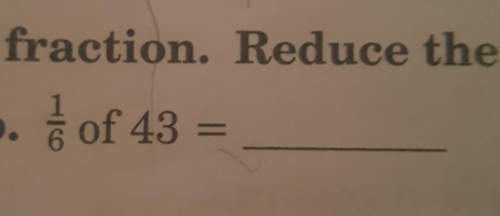Discussion Topic
In this unit, you studied a handful of circle theorems. However, there are ot...

Mathematics, 06.05.2020 04:59 randallmatthew6124
Discussion Topic
In this unit, you studied a handful of circle theorems. However, there are other circle theorems not covered in this unit or course. Do some research online or in textbooks to uncover a circle theorem (or more than one) that wasn’t presented in this unit. Describe it in detail. Then write either a two-column proof or a paragraph proof for the theorem.
Does the theorem that you proved relate to theorems that you previously studied? If so, how? Were you able to apply some theorems that you proved earlier to your newfound theorem? Explain. How might your theorem be used in a real-world application?
these are the theorems we have studied
Circle Theorem 1 - Angle at the Centre.
• Circle Theorem 2 - Angles in a Semicircle.
• Circle Theorem 3 - Angles in the Same Segment.
• Circle Theorem 4 - Cyclic Quadrilateral.
• Circle Theorem 5 - Radius to a Tangent.
• Circle Theorem 6 - Tangents from a Point to a Circle
• Circle Theorem 7 - Tangents from a Point to a Circle II
• Circle Theorem 8 - Alternate Segment Theorem

Answers: 1
Another question on Mathematics

Mathematics, 21.06.2019 18:00
George has seven boxes of five pencils. giulio three boxes of eight pencils. one of the boys arranges all his pencils equally into two groups. was this george or giulio how many are in each group explain
Answers: 1

Mathematics, 21.06.2019 21:00
An arithmetic series a consists of consecutive integers that are multiples of 4 what is the sum of the first 9 terms of this sequence if the first term is 0
Answers: 1

Mathematics, 21.06.2019 21:50
Ab and bc are tangent to circle d. find x is ab = 3x + 8 and bc = 26. find x
Answers: 1

Mathematics, 21.06.2019 23:00
Is there a direction u in which the rate of change of f(x,y)equals=x squared minus 3 xy plus 4 y squaredx2−3xy+4y2 at p(1,2) equals 14? give reasons for your answer. choose the correct answer below. a. no. the given rate of change is smaller than the minimum rate of change. b. no. the given rate of change is larger than the maximum rate of change. c. yes. the given rate of change is larger than the minimum rate of change and smaller than the maximum rate of change.
Answers: 2
You know the right answer?
Questions















Mathematics, 09.01.2020 03:31








